Indigenous Governance Database
data
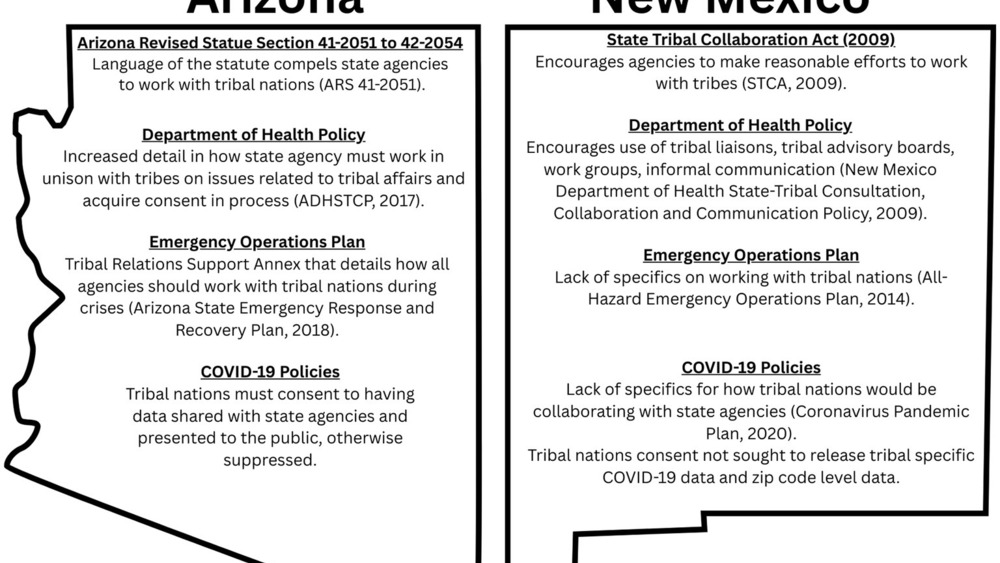
Reaffirming Indigenous data sovereignty in New Mexico as a result of COVID-19
Despite New Mexico’s history of working with and enhancing collaboration with the 23 Tribes in the state, data sharing and collaboration with Tribes was poor during the COVID-19 pandemic. New Mexico’s policies of state collaboration with Tribes conflicts with the principles of Indigenous Data…
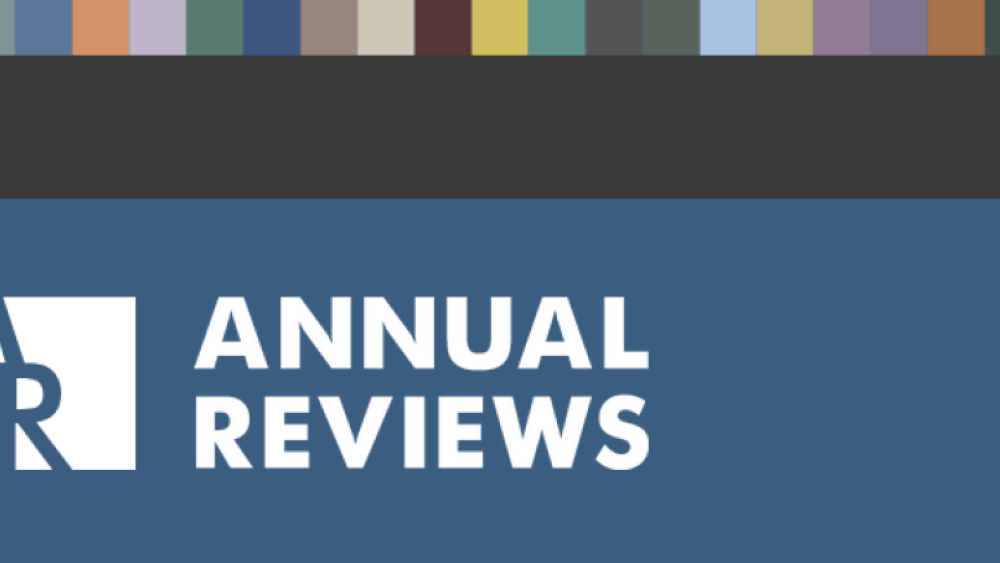
Indigenous Data Sovereignty in Genomics and Human Genetics: Genomic Equity and Justice for Indigenous Peoples
As the field of genomics and human genetics continues to push our understanding of disease and biodiversity through an ever-increasing pool of genomic data, it is critical to consider the social, ethical, and legal implications of using such data. This is particularly true for genomic data…

Rigorous and Systematic Qualitative Data Analysis in Biological Anthropology
Biological anthropologists have long engaged in qualitative data analysis (QDA), though such work is not always foregrounded. In this article, we discuss the role of rigorous and systematic QDA in biological anthropology and consider how it can be under- stood and advanced. We first establish what…
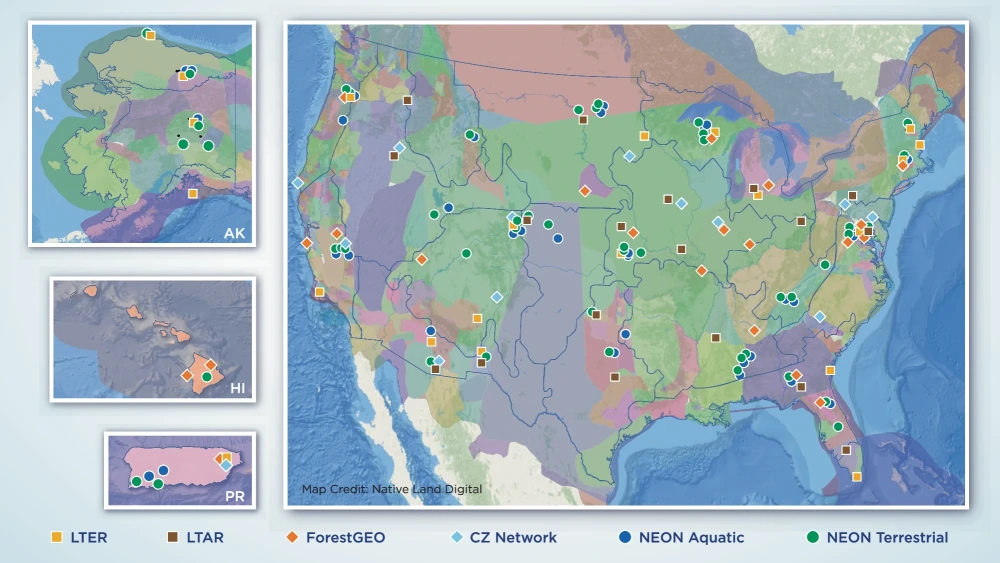
Governance of Indigenous data in open earth systems science
In the age of big data and open science, what processes are needed to follow open science protocols while upholding Indigenous Peoples’ rights? The Earth Data Relations Working Group (EDRWG), convened to address this question and envision a research landscape that acknowledges the legacy of…
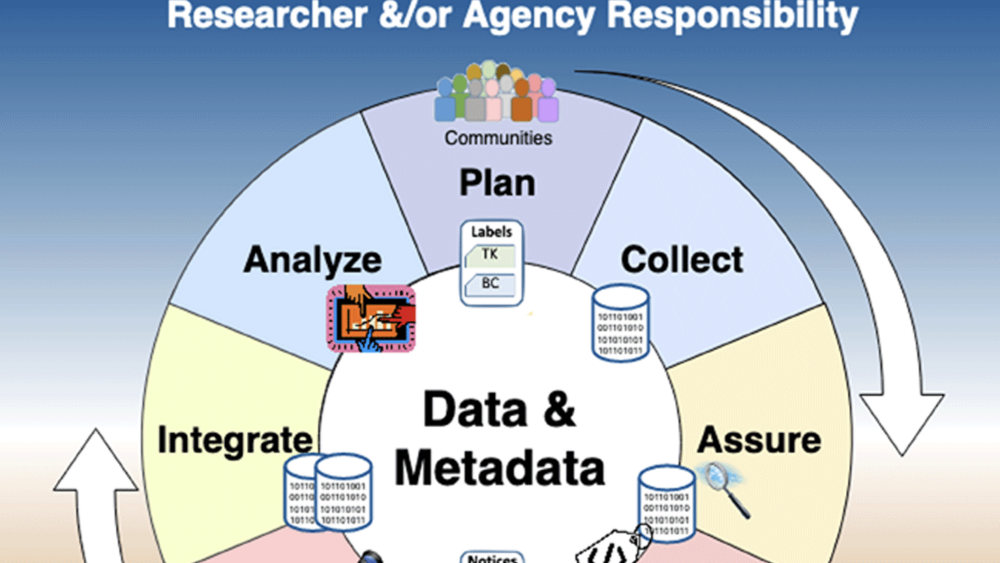
Earth Science Data Repositories: Implementing the CARE Principles
Datasets carry cultural and political context at all parts of the data life cycle. Historically, Earth science data repositories have taken their guidance and policies as a combination of mandates from their funding agencies and the needs of their user communities, typically universities, agencies…
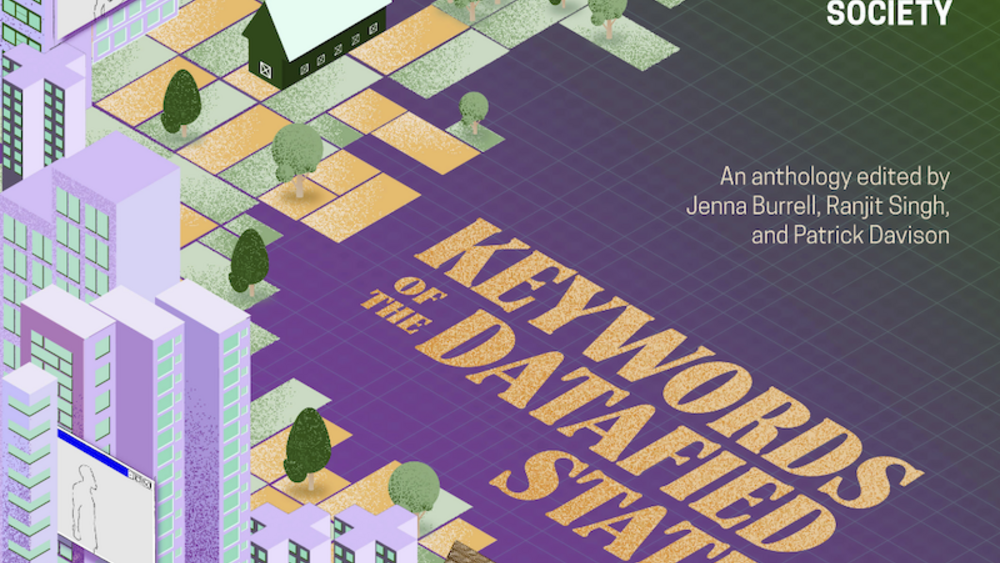
Keywords of the Datafied State: Indigenous Data Sovereignty
Indigenous Data Sovereignty (IDSov) upholds the rights of Indigenous Peoples, communities, and Nations to “govern the collection, ownership, and application” of datasets created with or about Indigenous communities, Indigenous Lands, and the community’s non-human relations. IDSov shifts from…
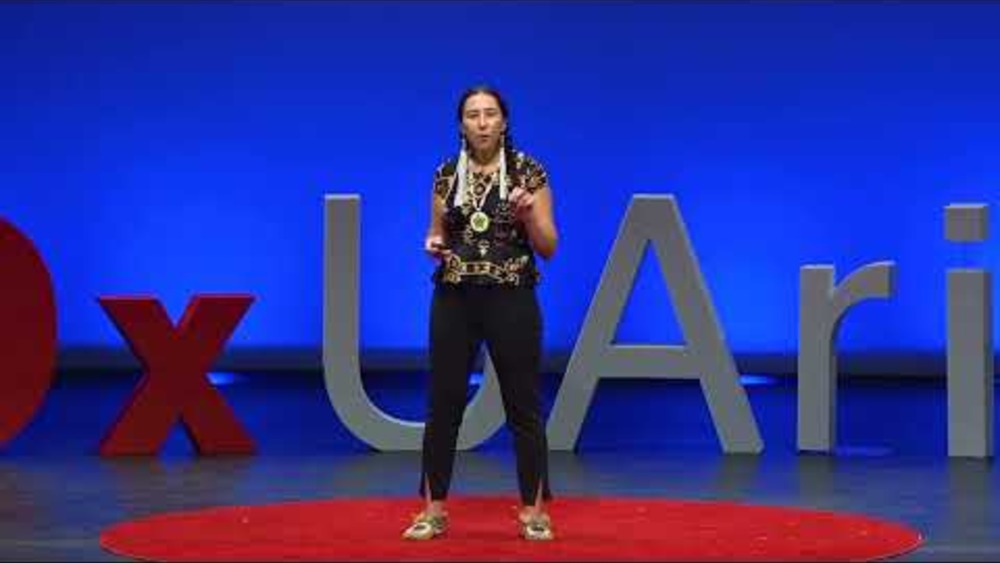
Indigenous Peoples Breathing Data Back | Stephanie Russo Carroll | TEDxUArizona
Indigenous peoples have been successfully working with data for millennia, and Dr. Stephanie Russo Carroll posits a way to bring “databack” into relationship with our messy, 3D, colonized world at TEDxUArizona. Discover the power of Indigenous Data Sovereignty and its role in reconnecting…
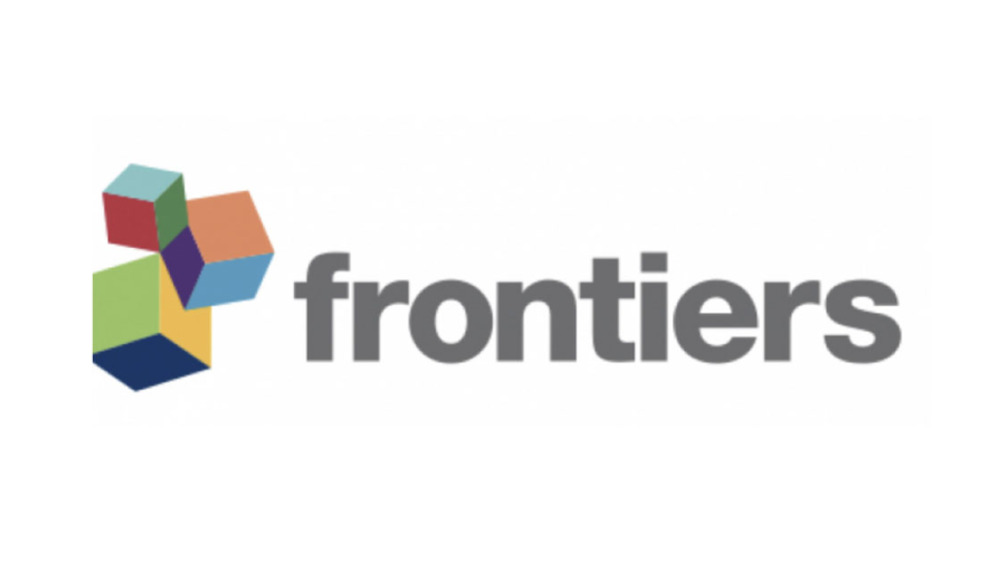
Genetic Research with Indigenous Peoples: Perspectives on Governance and Oversight in the US
Indigenous Peoples are increasingly exerting governance and oversight over genomic research with citizens of their nations, raising questions about how best to enforce research regulation between American Indian, Alaska Native, and Native Hawaiian peoples and researchers. Using a community-engaged…

IDSov and the silent data revolution: Indigenous Peoples and the decentralized building blocks of web3
This article explores the technology underpinning the decentralized data revolution and encourages Indigenous Peoples (IPs) to secure their Indigenous Data Sovereignty (IDSov) over the Metaverse and Web3. More specifically, this article will survey blockchain technologies, exploring some disturbing…
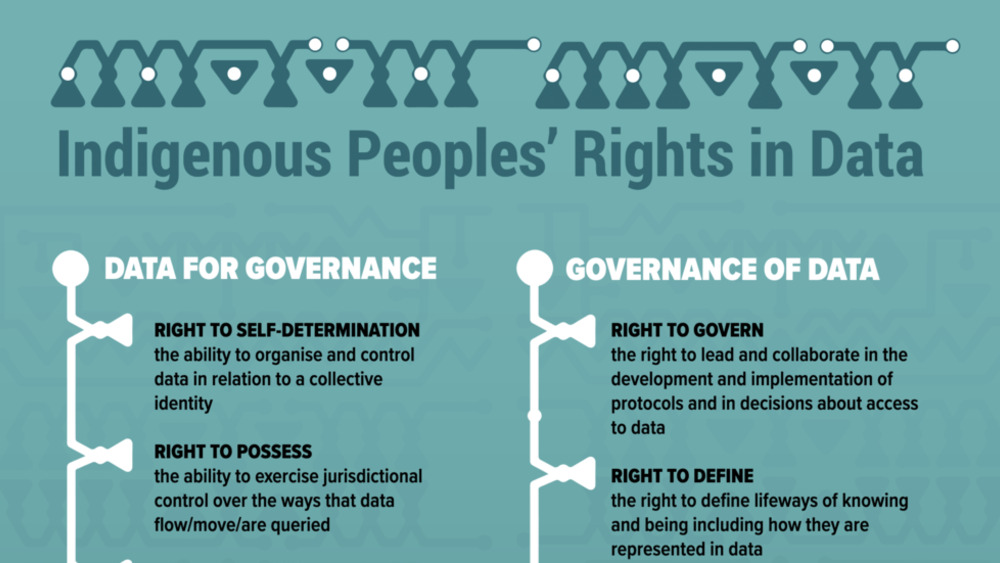
Indigenous Peoples’ Rights in Data
This is the one sheeter version of the publication "Indigenous Peoples' Rights in Data: a contribution toward Indigenous Research Sovereignty" Indigenous Peoples' right to sovereignty forms the foundation for advocacy and actions toward greater Indigenous self-determination and control across a…
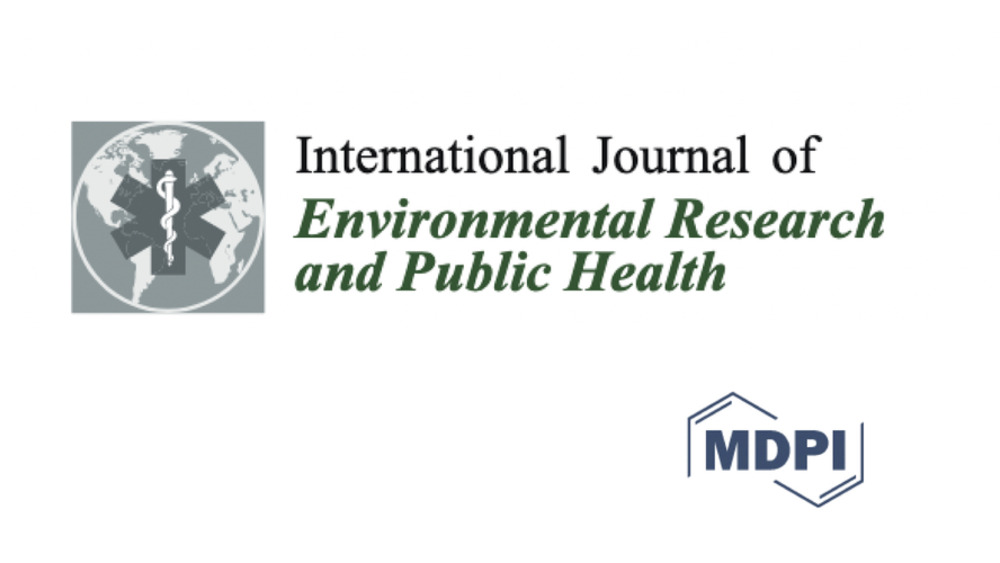
Reclaiming Indigenous Health in the US: Moving beyond the Social Determinants of Health
The lack of literature on Indigenous conceptions of health and the social determinants of health (SDH) for US Indigenous communities limits available information for Indigenous nations as they set policy and allocate resources to improve the health of their citizens. In 2015, eight …
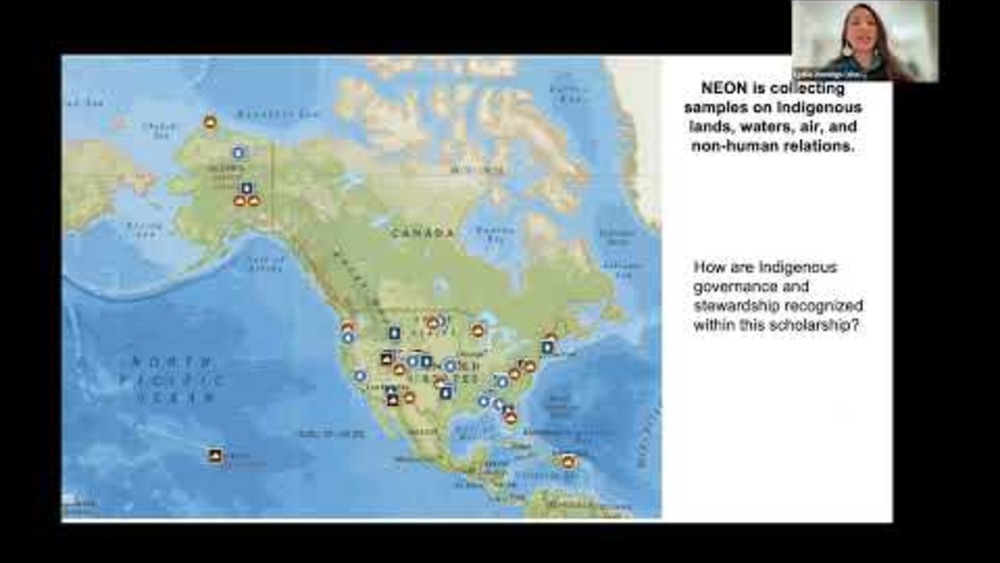
Science Seminar: Implementing the CARE Principles in Open Data Repositories
Image The people and purpose-oriented CARE Principles (Collective Benefit, Authority to Control, Responsibility, and Ethics) reflect the crucial role of data in advancing innovation, governance, and self-determination among…
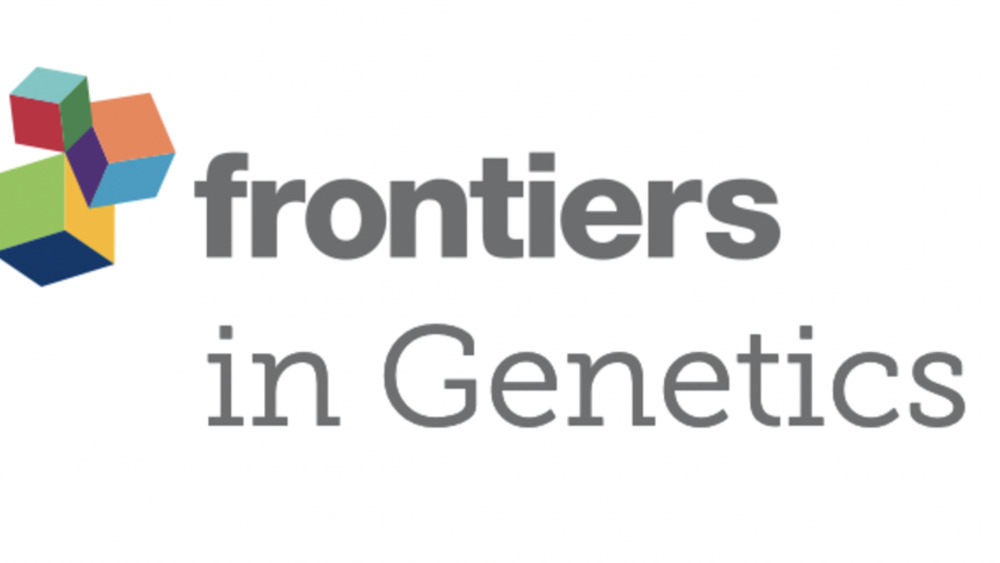
Extending the CARE Principles from tribal research policies to benefit sharing in genomic research
Indigenous Peoples have historically been targets of extractive research that has led to little to no benefit. In genomics, such research not only exposes communities to harms and risks of misuse, but also deprives such communities of potential benefits. Tribes in the US have been exercising their…
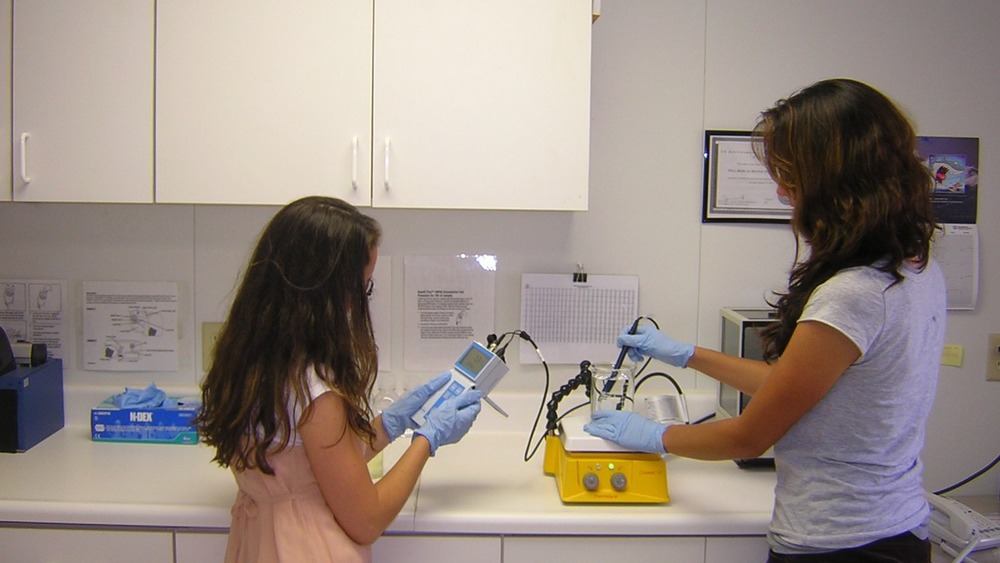
Data Sources to Assess Tribal Climate and Health Impacts
One of the most time consuming and difficult aspects of conducting climate change and health vulnerability assessments is finding data to assess. Before tracking down data, you’ll first need to identify the most meaningful and measurable indicators to help you determine the severity and likelihood…
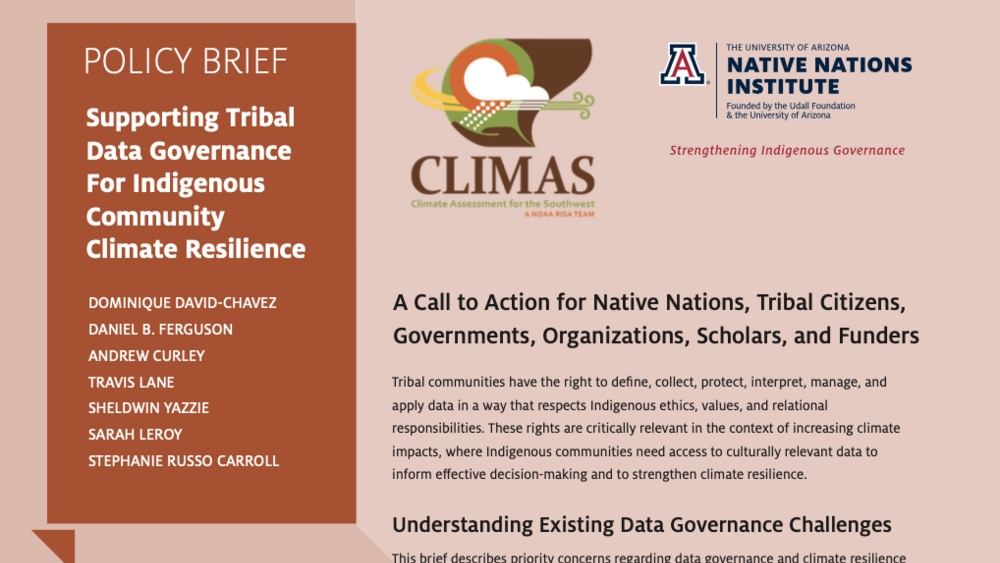
Policy Brief: Supporting Tribal Data Governance for Indigenous Community Climate Resilience
Tribal communities have the right to de fine, collect, protect, interpret, manage, and apply data in a way that respects Indigenous ethics, values, and relational responsibilities. These rights are critically relevant in the context of increasing climate impacts, where Indigenous communities need…
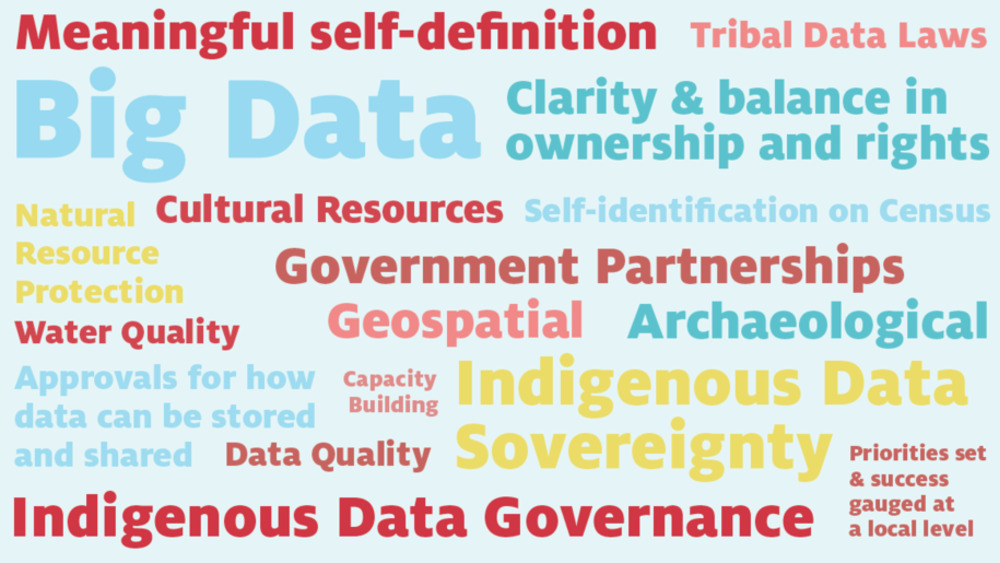
Principles of Indigenous Data Governance
Indigenous data, whether collected by national governments and institutions or gathered by Indigenous Peoples themselves, are integral for: decision-making; the exercise of collective rights to self-determination; the affirmation and application of Indigenous epistemologies; and fulfilling…
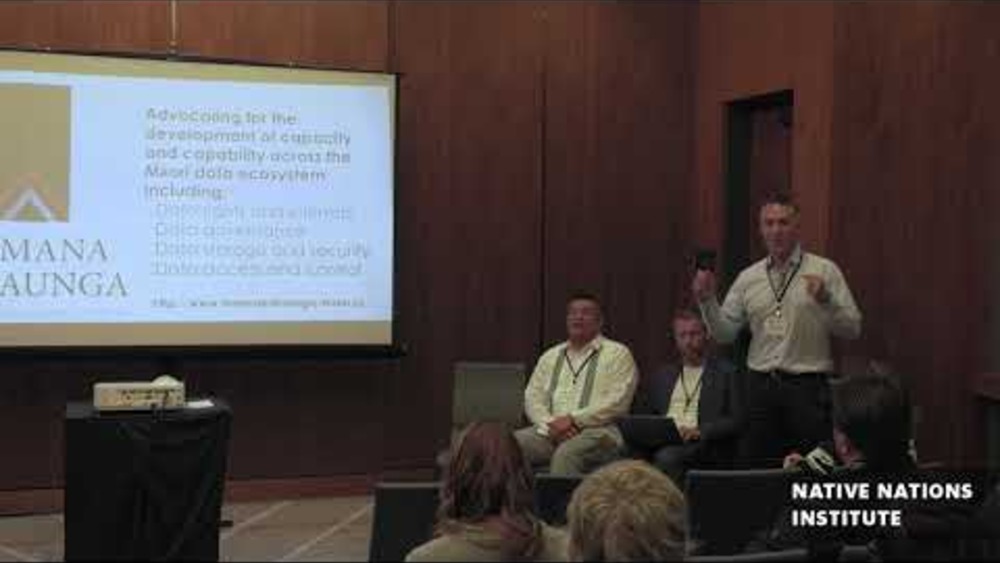
Indigenous Data Sovereignty: Global Progression
On May 18, 2018 at the Native American and Indigenous Studies Association (NAISA) Conference in Los Angeles, six leading scholars discussed the landscape and global opportunities and challenges Indigenous peoples face in the growing Indigenous data sovereignty movement. The presentations…
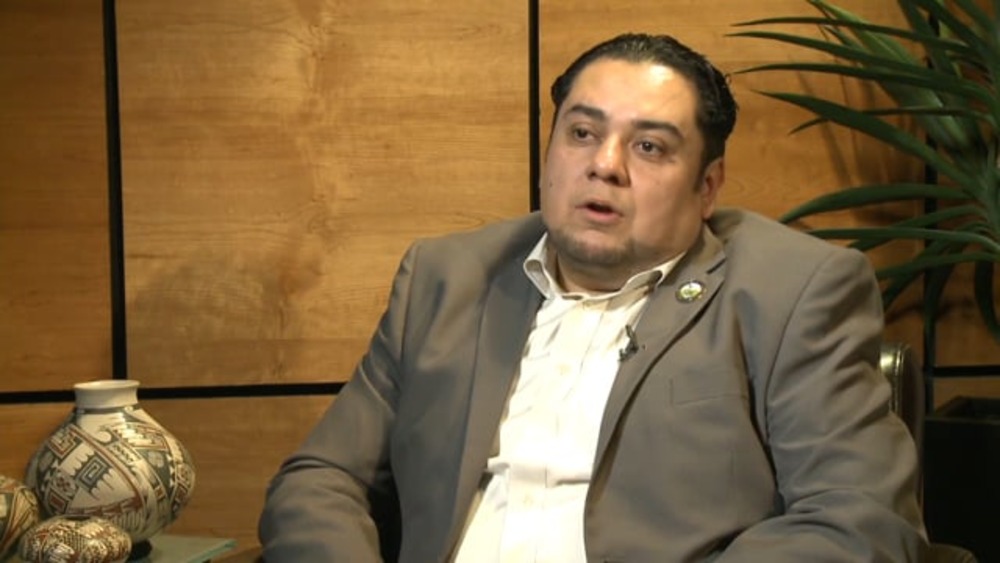
Rudy Ortega, Jr.: Asserting Sovereignty and Self-Governance
Rudy Ortega, Jr., then Vice President and citizen of the Fernandeño Tataviam Band of Mission Indians, shares his experiences leading his community and engaging in Fernandeño Tataviam self-governance in spite of his nation not yet being a state or federally recognized tribal…

Good Native Governance Break Out 2: Indian Gaming in California
UCLA School of Law "Good Native Governance" conference presenters, panelists and participants Jonathan Taylor, Victor Rocha, and Alexander Tallchief Skibine discuss gaming and its impact for Native nations in California. Mr. Taylor provides a summary of data collection illustrating change in…
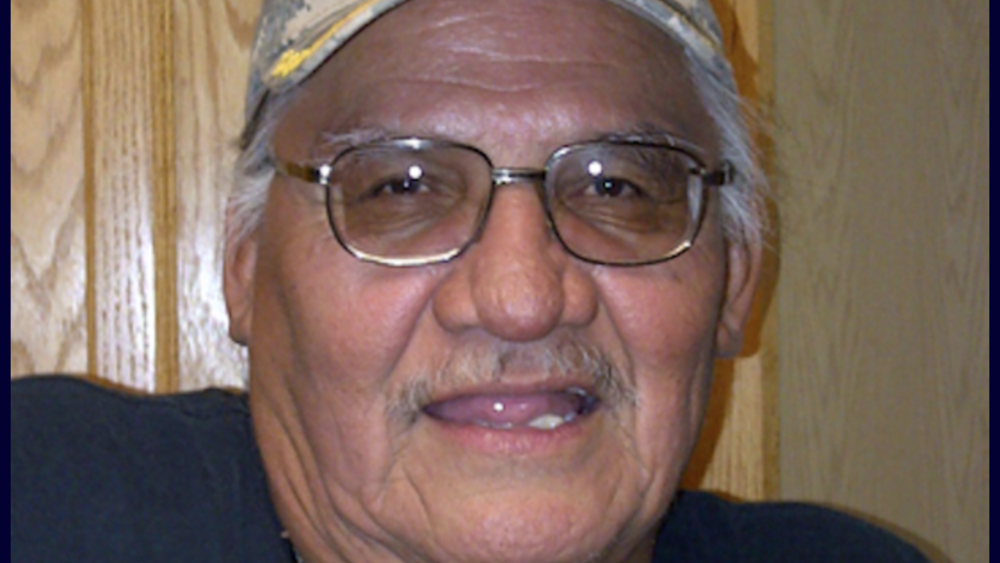
Indian Country must put more effort in public relations
While sipping my morning coffee I began reading a White House document titled “2014 Native Youth Report.” As with every other tribal member, I am aware of the long-standing socio-economic quagmire we have been enduring. The fact that we are still alive and well is short of miraculous and thought…
